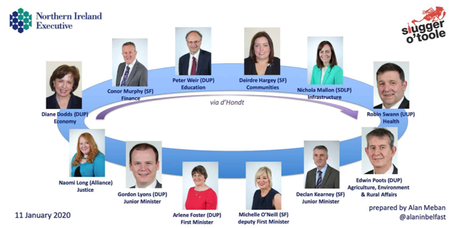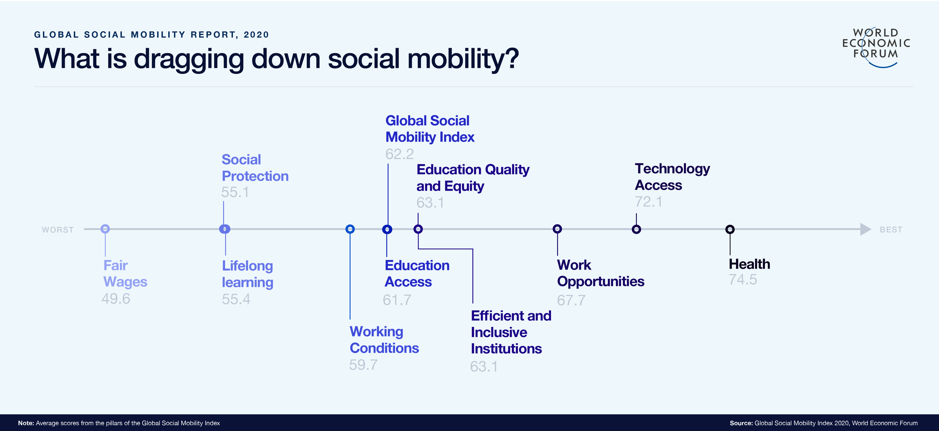
The Rush Memory & Aging project, which began in 1997, finds that when comparing patients who say they have a personal sense of purpose with those who say they don’t, the former are:
- 2.5 times more likely to be dementia free
- 22percent less likely to exhibit factors for stroke
- 52percent less like to have experienced a stroke
What is seen in personal experience of purpose can also be said of purpose in a business setting. Purpose can be an important contributor to employee experience, which in turn is linked to higher levels of employee engagement, stronger organisational commitment, and increased feelings of well-being. People who find their individual purpose congruent with their jobs tend to get more meaning from their roles, making them more productive and more likely to outperform their peers. McKinsey research finds a positive correlation between the purposefulness of employees and their company’s EBITDA margin.
In boardrooms real and virtual, frantic questions have the floor. How long will this last? How will we pay furloughed workers? What are our peers doing? What should we do first? In moments of crisis, the default expectation is that businesses will hunker down and focus on bottom-line fundamentals. But in this crisis, stakeholder needs are already so acute that the opportunity for businesses to make an indelible mark with human support, empathy, and purpose is greater than it has ever been.
- Understand Stakeholder Needs – Examine exactly what is at stake for your employees, communities, customers, partners, and owners. All will have urgent, rapidly evolving needs that you should fully understand and prioritize. Some of these needs will be new and require creative thinking. Listen carefully to stakeholders that are well placed to inform you.
- Utilise Your Greatest Strengths – What strengths does our businesses possess that you can apply to make the biggest difference for your stakeholders? Strong balance sheets have been used to sustain workers through the crisis. Unique logistics networks have been used to bring aid to people in need. Many manufacturing facilities have shifted production to creating urgently needed medical supplies or PPE. Resist going it alone. Collaborate closely with your ecosystem of suppliers and customers—they might identify strengths you didn’t even know you had.
- Involve Your Team – Many employees and their families are suffering from isolation and loss of income, leaving them thinking about what is truly important. Crisis leaders’ actions now can foster collective unity and a sense of belonging. When those decisions derive from the principles and purpose that a business stands for it will make it easier to convey confidence in positive outcomes, even when decisions are painful ones.
- Lead from the Front – communicate early and frequently, even with incomplete information. Remember that, right now, suffering stakeholders seek empathy but are also looking to leaders to face facts bluntly, without sugar-coating them. Stay nimble as situations change, which they certainly will. Adapt to changing conditions and new information rather than returning to a static playbook
Finally, decisions about purpose may be some of the more difficult decisions of your career. There will be a cacophony of opinions; adjudicating them will take discipline and conviction. There may be thinner evidence to guide your actions than you would like. Don’t let yourself be rushed. Establish a fact base to help you weigh trade-offs and mitigate risks.
Above all, don’t settle for “generic” on purpose. You do have a “true north” to discover, and unique impact to deliver. Each company’s role stretches far beyond the confines of your employees and customers. Our suppliers will look for guidance, peers will look for inspiration. And society will hold us as directors accountable for leaving the world a better place than it was when we started.






 RSS Feed
RSS Feed
